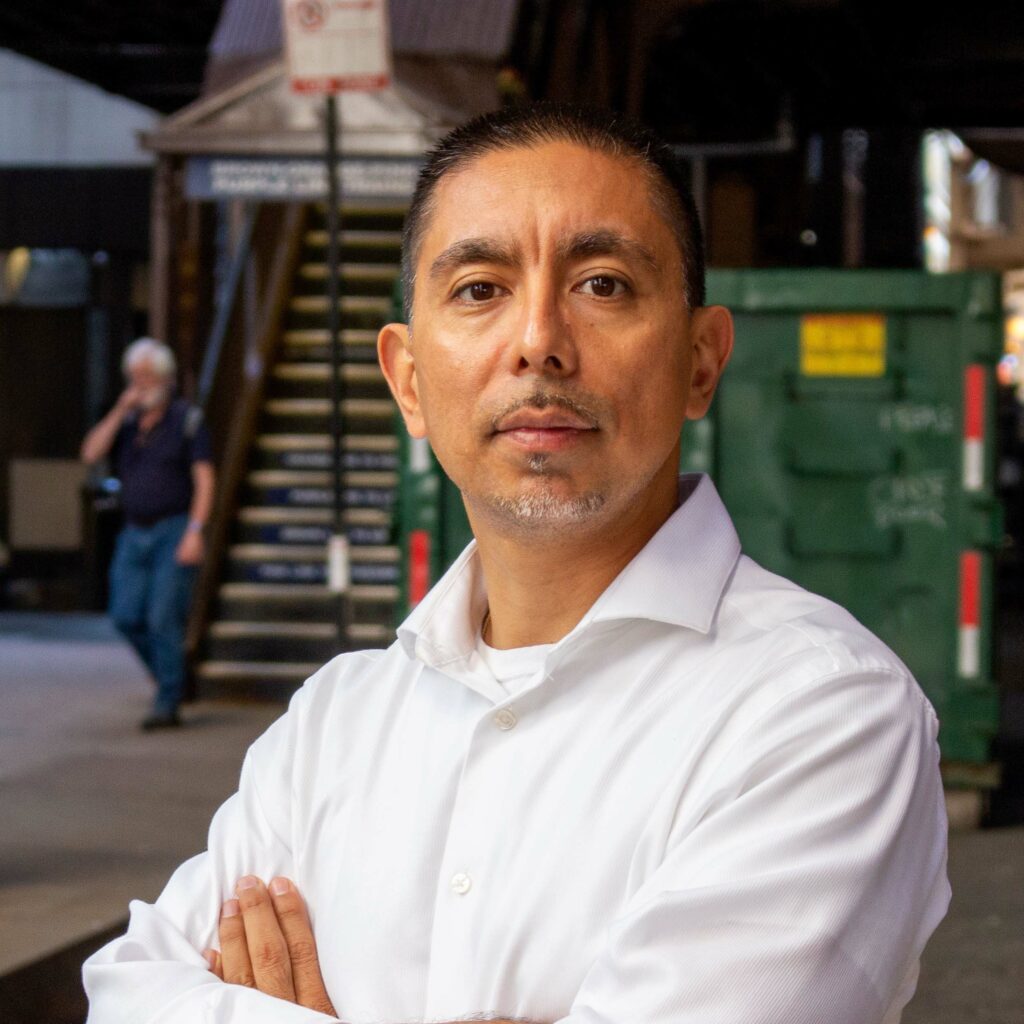Eddie Bocanegra Video: His Journey from Gang Violence to READI Chicago
Eddie Bocanegra grew up in Little Village on Chicago’s west side. His neighborhood felt like a combat zone. At 14, Eddie joined a street gang for protection, identity, belonging, and respect. By 18, he went to prison for a gang-related murder committed in retaliation for a friend’s shooting. The victim turned out to be neither from the neighborhood nor a gang member – simply in the wrong place at the wrong time.
After serving 14 years in prison, Bocanegra transformed his life. He earned a master’s degree in social work. Today, he serves as Senior Director of the READI Chicago program at Heartland Alliance.
About READI Chicago
READI (Rapid Employment and Development Initiative) partners with the University of Chicago Crime Lab. The program combines:
- Cognitive behavioral intervention services
- Paid transitional employment
These interventions help those most at risk of street violence – over a third of whom have survived shootings. READI Chicago creates space between impulse and action. It helps participants channel their responses into constructive, non-violent behaviors and invest in lawful employment. The program works.
Childhood Trauma and Violence
In his conversation with Justice Voices host David Risley, Eddie Bocanegra shares his early experiences with violence. He experienced trauma in two places that should protect children: home and school.
At 13, he witnessed the killing of a neighborhood youth. He experienced the trauma of watching someone die. This trauma went unrecognized and unaddressed during his formative years.
Breaking the Cycle
Now married to a professor of social work and father to seven children, Eddie Bocanegra devotes his life to helping others with similar backgrounds. The population he serves faces significant challenges:
- 82% have experienced violence as victims
- 37% have survived at least one shooting before joining READI Chicago
Understanding “Violentization”
The discussion explores criminologist Lonnie Athens’ concept of “violentization”. They examine Yale sociologist Elijah Anderson’s, research from Code of the Street about defensive violence. Many youth cultivate violent reputations because they would rather be aggressors than victims.
The Neuroscience of Trauma
Bocanegra describes how chronic trauma from repeated exposure to violence affects young brains. Brain scans reveal the damage. He compares the PTSD suffered by youth in violent communities to the trauma experienced by military combat veterans.
Shifting from Punishment to Problem-Solving
David Risley and Eddie Bocanegra discuss why we cannot simply punish our way out of problems that create violent people and communities. They advocate shifting our criminal justice system from a punishment paradigm to a problem-solving approach.
To view video segments of the conversation, go to the Justice Voices YouTube channel
